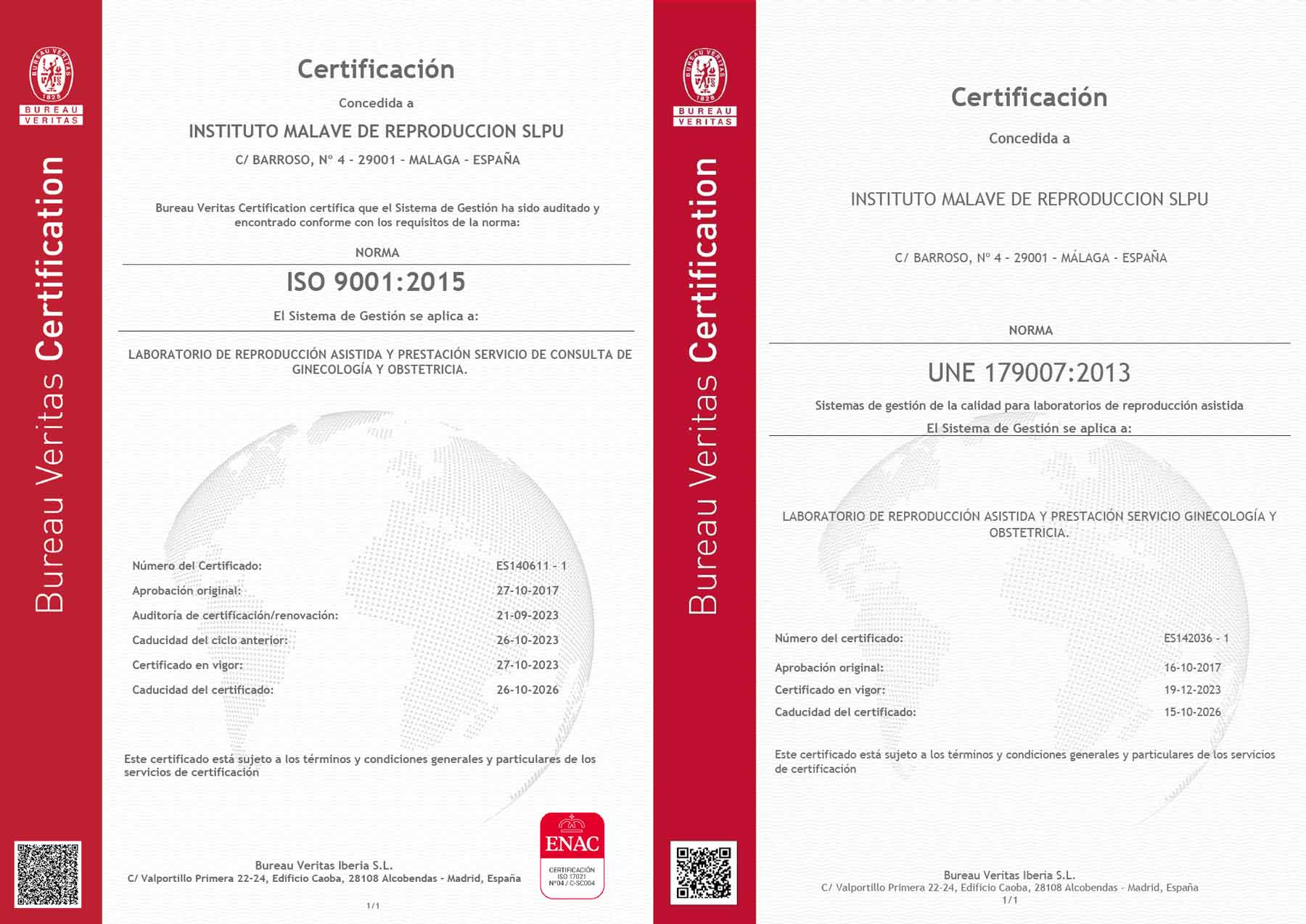The ovarian reserve is the number of eggs you have in your ovaries at any given time. A series of tests can be carried out to determine this number of eggs.
La hormona antimulleriana: es un análisis de sangre fácil y rápido, además de económico que nos permite cuantificar esa reserva ovárica.
Antral follicle count: to be performed at any time with a vaginal ultrasound scan.
Esta información es muy importante ya que permite a la mujer valorar sus opciones en caso de querer posponer su maternidad. (Preservación de la fertilidad)
It should be borne in mind that ovarian reserve diminishes progressively with age until it is exhausted.
The factors that influence a low ovarian reserve are: age, which is the main risk factor for having a low reserve; pathologies such as endometriosis, or ovarian surgery.
Low ovarian reserve is considered to be present when anti-mullerian hormone levels are below 0.8 ng/ml, and the antral follicle count on ultrasound is below 5 follicles between the two ovaries.
Each woman must be assessed individually as the variability between women of the same age is very large. Thus, a younger woman may have a low ovarian reserve and an older woman may have a normal ovarian reserve.
The patient who has a low ovarian reserve but wants to become a mother using her own eggs must undergo assisted reproduction techniques, but beforehand she must undergo a complete evaluation to study other factors that also affect fertility: genetic tests, body mass index, healthy lifestyle.
These factors should be emphasised because they also help us to make decisions in the treatment approach, or even during treatment, to maximise the chances of obtaining a pregnancy.
If you want to know your ovarian reserve call us on 952225395 or write us via Whatsapp
Free ovarian reserve assessment during 2023 (Analysis and assessment in consultation).


